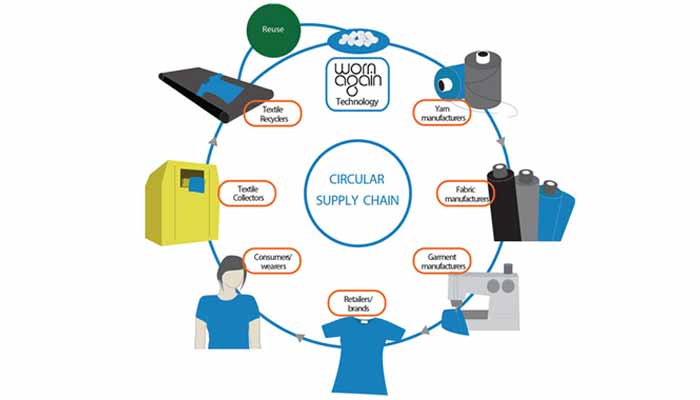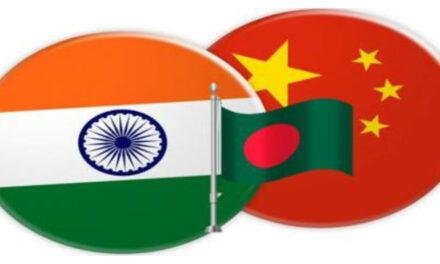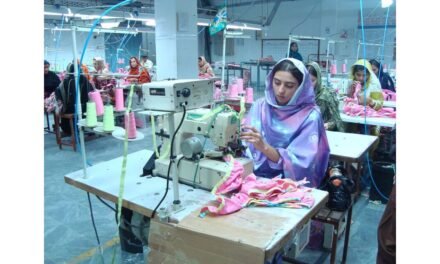This year’s edition of Planet Textiles will be opened by H&M’s head of sustainability, Pascal Brun, who will give fresh insights on the fashion giant’s work on innovation, circularity and the business case for reducing the environmental impact of textile production.
With the summit taking place at Fira de Barcelona inside the vast ITMA exhibition, which is set to host around 120,000 visitors, technology providers will be encouraged to flag up their own innovative solutions and explain how they can help brands such as H&M to implement tangible change in their supply chains.
In return, they can find out from Brun why it’s in their own interests to develop new technology that can be integrated into new circular fashion business models – and also find out what solutions fashion brands are really looking for in order to take these steps.
Both the huge potential and significant challenges of being one of the industry’s largest retailers will inform H&M’s sustainability chief’s comments, who will outline the brands strategy to support fledgling innovators as a way to improve the footprint of its sizeable operations. Recent years have seen the firm invest substantial funding into recycling technologies developed by Worn Again, TreeToTextile and Re:newcell.
During his address, Brun will also cast an eye over the sourcing decisions of the wider fashion industry, which H&M Group describes as “highly dependent on natural resources,” in relation to fibre types and how they form part of the existing linear model — which the firm hopes to convert into a circular system.
“H&M Group has set high ambitions to become fully circular. That means to become circular in how fashion is designed, made and used by customers, and how fashion should never be seen as waste at the end of its lifetime, instead it should be treated as a valuable resource by reusing or recycling it again and again,” Brun told ahead of Planet Textiles.
The company has made public its aim to become ‘circular’ by offering garment collection services for consumers and to only use recycled and other sustainably sourced materials by 2030 – a figure which currently stands at 57 per cent across the group’s total sourced materials.
Brun’s keynote address will be immediately followed by plenary sessions delivered by Susanna Wilson, HSBC’s global head of sustainable networks giving details of the banking giants new bespoke product for the fashion industry and John Rydzewski of Nike’s Global Water Program. Omar Kuri from Mexican firm Vertical Knits – a supplier of Nike – will also take to the podium with Rydzewski to give a practical example of how to significantly improve the impact of textile dyeing.























